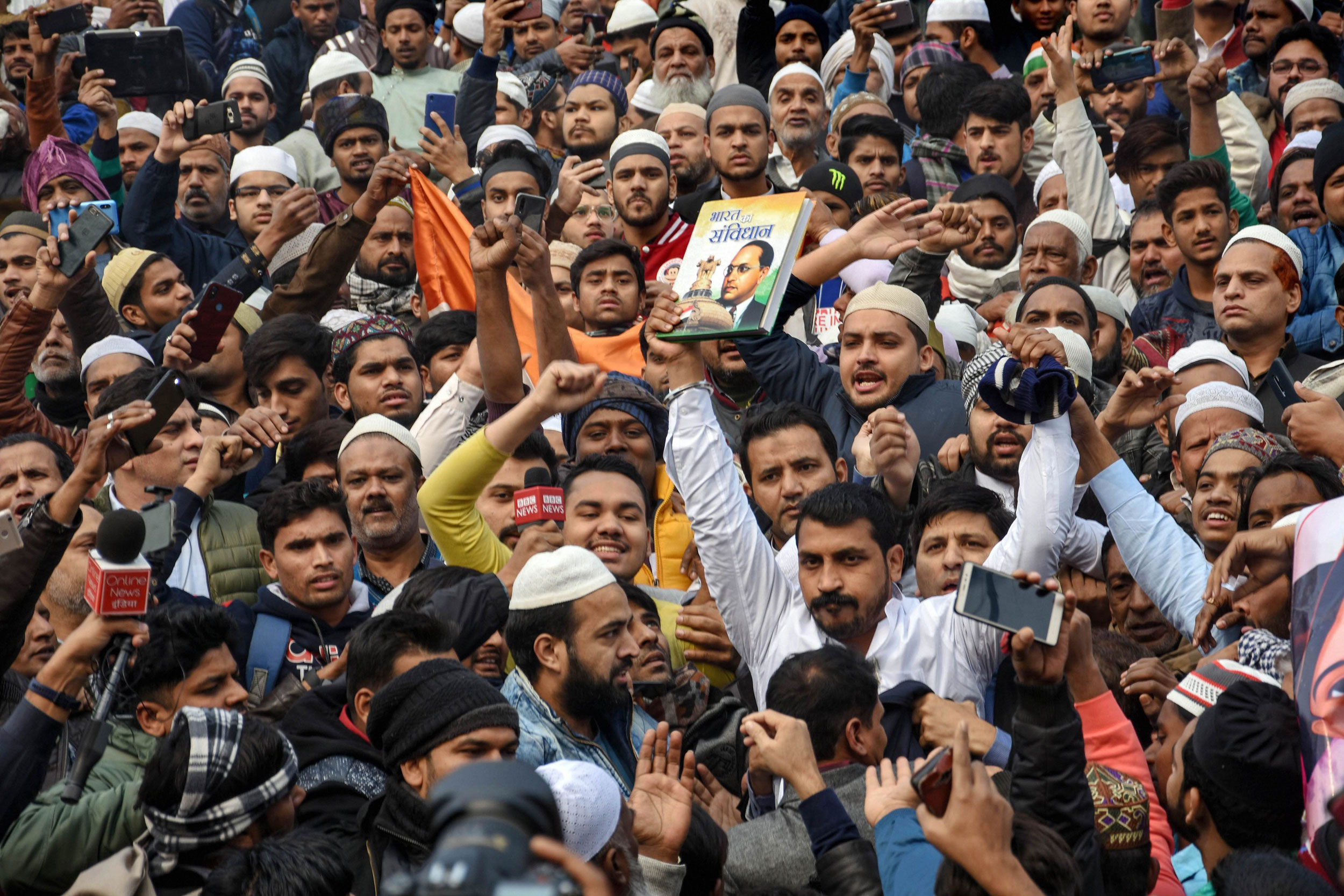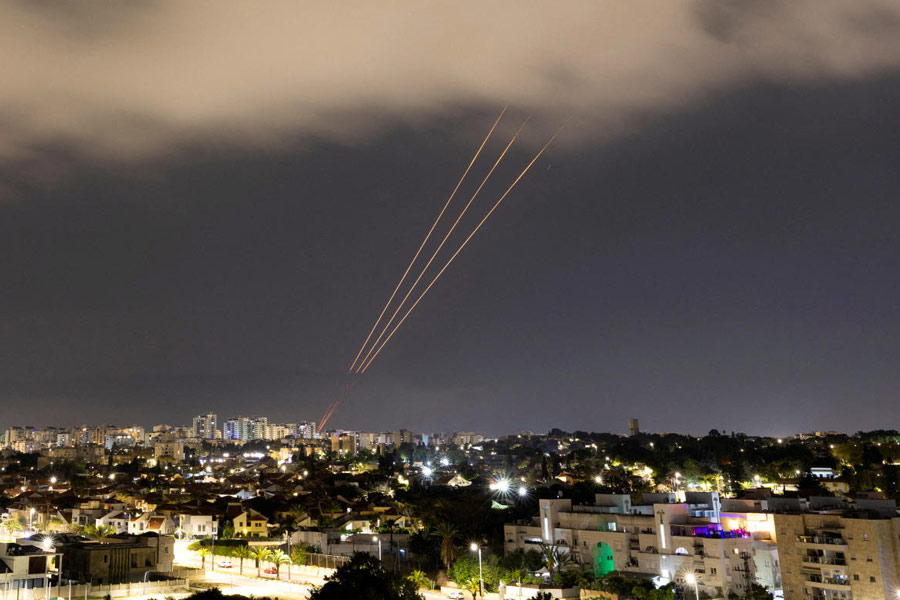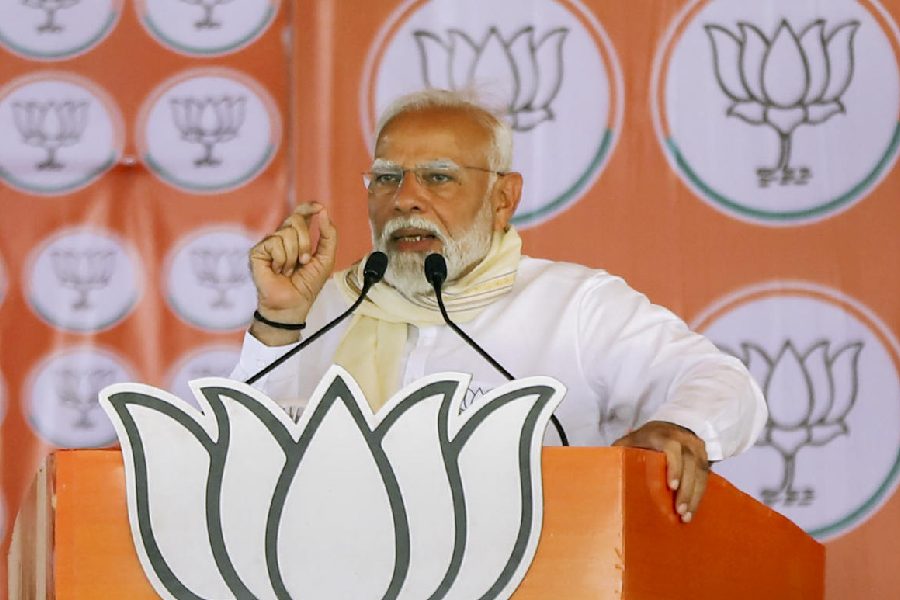A court rebuking the police for detention without sufficient cause is becoming a rarity in India. The additional sessions judge at the Tis Hazari court in Delhi, however, did just that. At the bail hearing of Chandrashekhar Azad, the Bhim Army chief accused of inciting crowds during his dharna in protest against the Citizenship (Amendment) Act and the National Register of Citizens at the Jama Masjid on December 20, 2019, the judge, Kamini Lau, insisted that the right to peaceful protest was constitutional. Reportedly, evidence of incitement or of vandalism provoked by Mr Azad was not produced in court. Two points of Ms Lau’s rebuke to the police stand out. One was her comment that the police were behaving as though Jama Masjid were in Pakistan. This underlined the polarizing mindset that seems to have overtaken many of India’s institutions, certainly much of the country’s police — to go by their actions. It also brought out a certain irony. The protest before Jama Masjid was not coming from the minority community; Mr Azad’s point was that the CAA-NRC endangered Dalits, indigenous peoples and the poor. The more important point, however, was Ms Lau’s reported observation that people were protesting on the streets because what should have been said inside Parliament was not said. In other words, Parliament is the forum where the views of all the people, however various, should be represented. That is why people elect their representatives, in the hope of having their rights and interests argued for. The growing unilateralism of legislative decisions is alarming for the democracy: only one point of view is dominant. This drives the people to take up the argument themselves.
The force of Ms Lau’s arguments lies in their resonance beyond the bail hearing of Mr Azad. At the same time, once bail was granted, the conditions attached to it appeared to be puzzling. Not only was Mr Azad asked not to commit similar offences — none of which has been established and no damage to public property assessed so far — but he has also been asked not to visit Delhi for the four weeks before the assembly elections. It cannot be but disappointing that the court’s clarity regarding peaceful protest does not appear to be reflected in the bail conditions.










